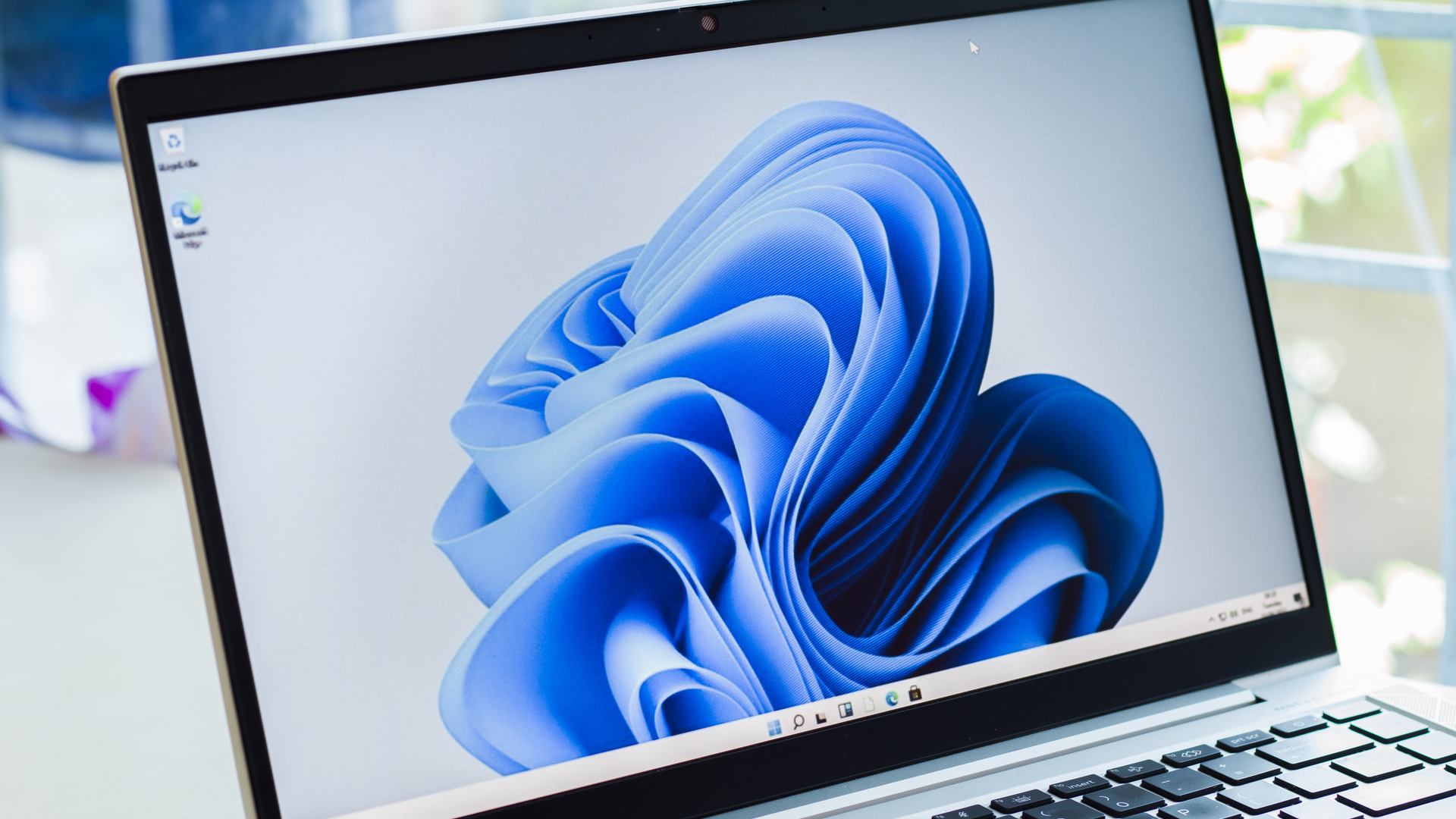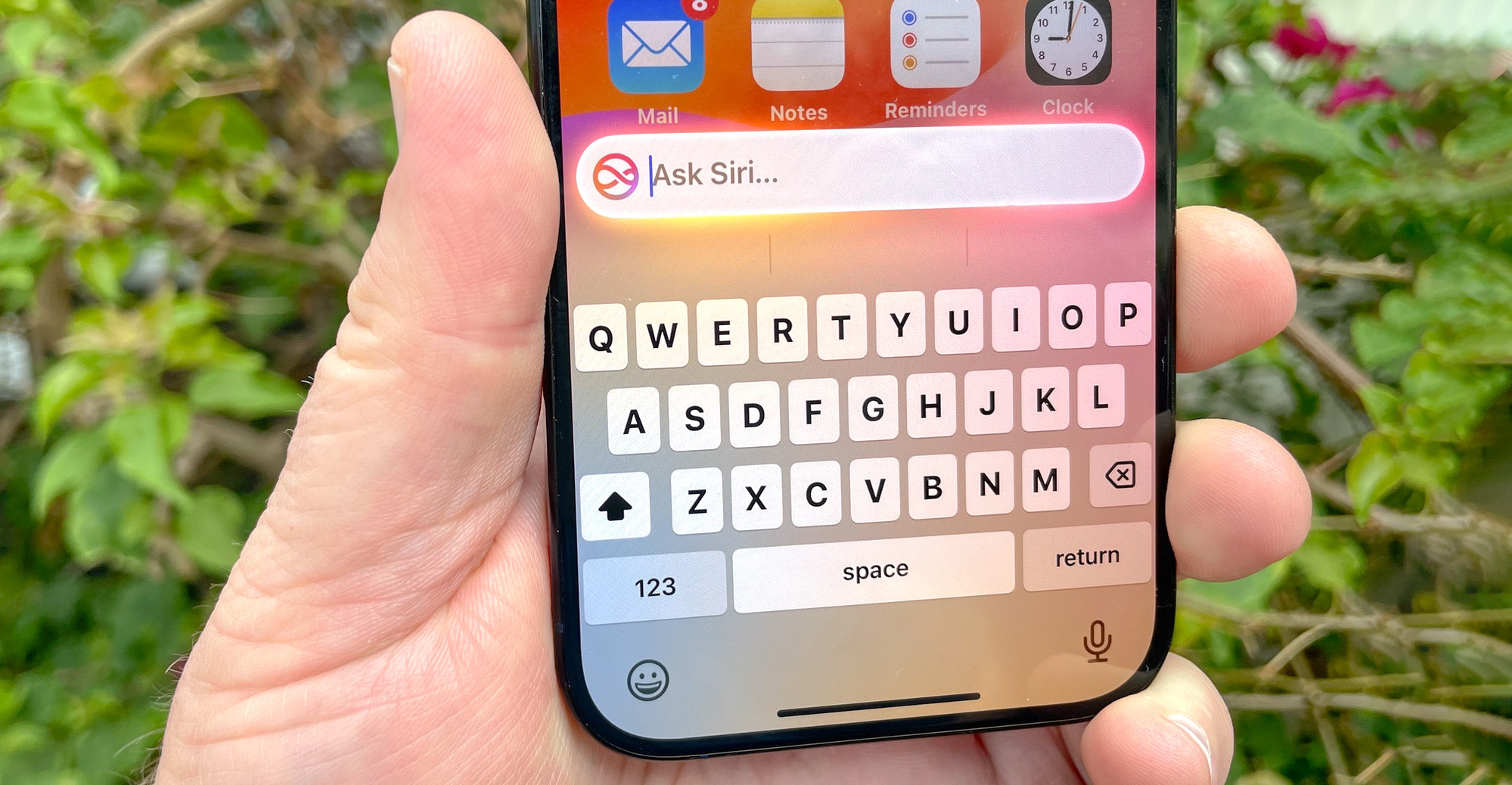Windows 11 rumored ‘upgrade’ sure sounds like unwanted ads to us
Microsoft really wants to recommend you websites

Just as Microsoft fixes one of the biggest problems with Windows 11, another possible one emerges. A rumored ‘upgrade’ to Windows 11 looks set to reintroduce a feature that many were glad to see removed from test builds in January of this year — recommended websites.
Self-proclaimed Windows Insider @PhantomOfEarth claims to have discovered the existence of new Start Menu recommendations in the latest test build of the operating system. They describe these pointers can take the form of “tips, shortcuts, new apps and more” and while we all appreciate Windows 11 hacks, there are concerns that ‘more’ could progress into full-blown ads, in a prime position on your Start bar.
Phantom of Earth’s research suggests that at the very least, Microsoft will be recommending sites to us. After exploring the operating system using Vivetool (an open-source Windows configuration tool) to find unreleased features, they searched the settings app for the word “website” and it linked back to the Start bar recommendation settings, even though it didn’t explicitly feature the word website. Not a promising sign.
Dev build 25309 has new (hidden) Start menu recommendations to show tips, shortcuts, new apps and more. This can be toggled off from Start menu settings for those who don't want to see this kind of recommended contentvivetool /enable /id:42916428 pic.twitter.com/Soq7C8V5liMarch 2, 2023
What's so annoying about website recommendations?
Aside from the fact they will almost certainly open in Microsoft Edge and not your default browser, featuring websites on your operating systems Start bar is problematic and a slippery slope.
While the likes of Google Discover and Chrome’s Newsbox have a big impact on the websites we consume, at least they are confined to browsers and not every time you use a central feature of your computer. Ideally, companies such as Microsoft and Google curating what we see online could harm those whose content doesn’t match their agendas. At the very least we can expect a lot of self-promotion. Microsoft heavily incentivized users to make Edge their default browser to get ahead in the queue for the new Bing with ChatGPT for example, so clearly the company isn't afraid to put themselves first.
While we haven't found any information on the algorithm powering these recommendations, it’s not hard to imagine a world where they go beyond personalized recommendations to targeted ads. Browsers already have ample trackers (known as cookies) to serve up plenty of curated ads and we do not need any more thank you.
Luckily it seems as though it will be possible to disable this feature on Windows 11, but it will likely be an opt-out system, so keep your eyes peeled on future system updates.
Get instant access to breaking news, the hottest reviews, great deals and helpful tips.
More from Tom's Guide
- Should I upgrade to Windows 11? What you need to know
- How to download and install Windows 11— a step-by-step guide
- Windows 11 Home vs Windows 11 Pro: What's the difference?
Andy is a freelance writer with a passion for streaming and VPNs. Based in the U.K., he originally cut his teeth at Tom's Guide as a Trainee Writer before moving to cover all things tech and streaming at T3. Outside of work, his passions are movies, football (soccer) and Formula 1. He is also something of an amateur screenwriter having studied creative writing at university.
 Club Benefits
Club Benefits





